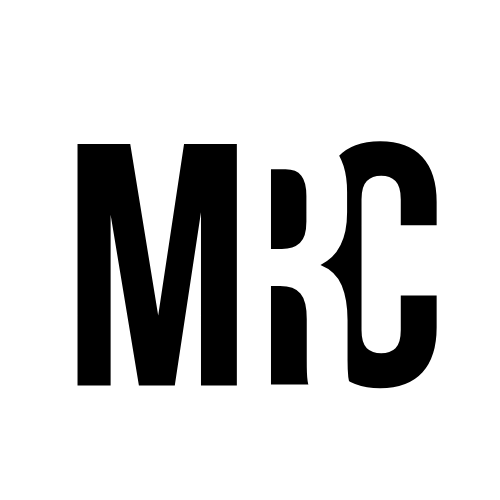D.A.N.C.E.S.
Last week I was honoured to be part of the Jack.Org national summit on mental health for young leaders across Canada. The theme of the #jacksummit this year was”NotDoneYet - a fantastic way to emphasize that the topics and workshops that people were able to attend and participate in throughout the week was only the beginning. The beginning of what you ask? It might help to share a little info from @jackdotorg’s website if you are not familiar with them: “Jack.org is Canada's only charity training and empowering young leaders to revolutionize mental health in every province and territory.” They really know who they are talking to, people like myself because the homepage of their website goes on to say:
“we’re impatient for change: suicide is still the #1 health-related cause of death for young people in Canada”
BAM! I love that. That’s why I respect the work they do and was so happy to be part of the summit! In preparation for the event I watched as many of the public facing events as I could and was able to check out three other awesome motivational speakers and see the launch of a musical platform called JackMusic! Then, on Friday, I was able to be the last keynote of the summit and shared my talk entitled “We Don't Have to Wait: Addressing Mental Health Challenges Before the Crisis”. The talk was streamed via a video streaming app called Webex and also live on the @jackdotorg Instagram page - this allowed me to speak to the 250 youth delegates but also to anyone at all who happened to tune into the live stream! I wanted to share a little bit about my own story but most importantly tools and resources that can help these young leaders take care of their own mental health so they can be better equipped when faced with situations when they need to help their peers or loved ones. That’s why the bulk of my talk on the main conference video was focused on something I call the Self Care Medicine Wheel - a tool informed by many teachings from Anishinabe First Nations knowledge keepers from here on treaty 1 land.
I was really happy to be part of it and wanted to create something special in answering this question: “how do we reach out to our loved ones when we are concerned for their mental well being?”. Once the conference video was over I was able to have a moment with the folks on Instagram LIVE only and spoke a little bit about affirmations to make ourselves feel good about ourselves and introduced a new acronym!
Reaching out when your concerned about a loved one's mental health is like doing many DANCES! This acronym can give you some tools and tips to help you approach people you care about when you are worried about their well being.
D - be DIRECT - you don’t do them any favours by beating around the bush. Be direct with both your concerns and how much you care about them
A - ASK questions - do not assume you know what they are going through, ask them real questions and make sure you listen to their answers as best as you can. We ask why the pain?
N - do it NOW - if you’re worried about someone, message or call or reach out to them now - don’t wait for the bad thing to happen before you tell them you care!
C - COMFORT - take your comfort and boundaries into consideration as you’re making your person comfortable. Are they hungry? do they need to sleep? Do they need to smudge with traditional medicines? do they need to go to the hospital? Take care of these things for your relative’s comfort.
E - have EMPATHY - let them share only what they are willing to share, listen without judgement, and ask yourself what you would want or need if you were in that situation to give yourself some clues of how you may be able to help.
S - SAFETY plans - help your relative with their immediate safety if you can, help them find a safe place to stay for the evening and help them make a list of helpers. Most importantly, make a schedule of when you’re gonna reconnect with them - preferably within the next 24 hours. Also think of what type of self care you may require when you’re done helping your person!
Grateful
I am so grateful for these opportunities to speak to different groups about my experiences and to share the things that I can help think of to support the wellness of young leaders. I’d like to say thank you so much to all my colleagues, friends and mentors over the year who have helped me understand the importance of graphic design and knowledge translation! If I could finish with a piece of advice it would be this: find as many ways as possible to get the ideas and pictures and whatevers you have in your head out into the world. It’s very therapeutic for me to be able to make space in my mind for other things.by creating these acronyms and info graphics - almost like Albus Dumbledore and his little magical memory pot, the pensieve.



